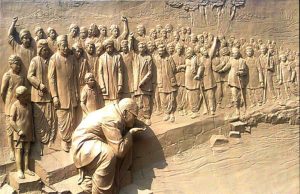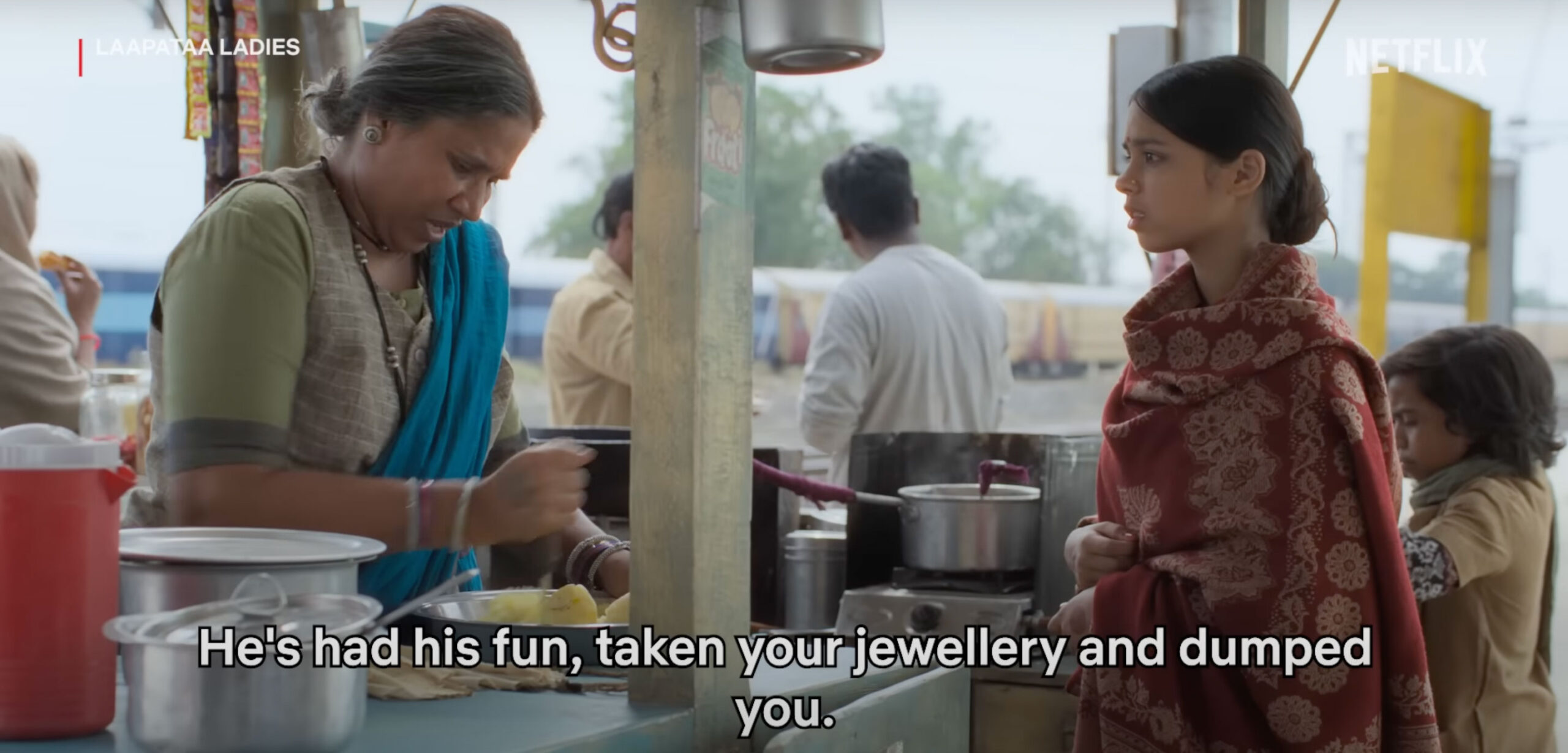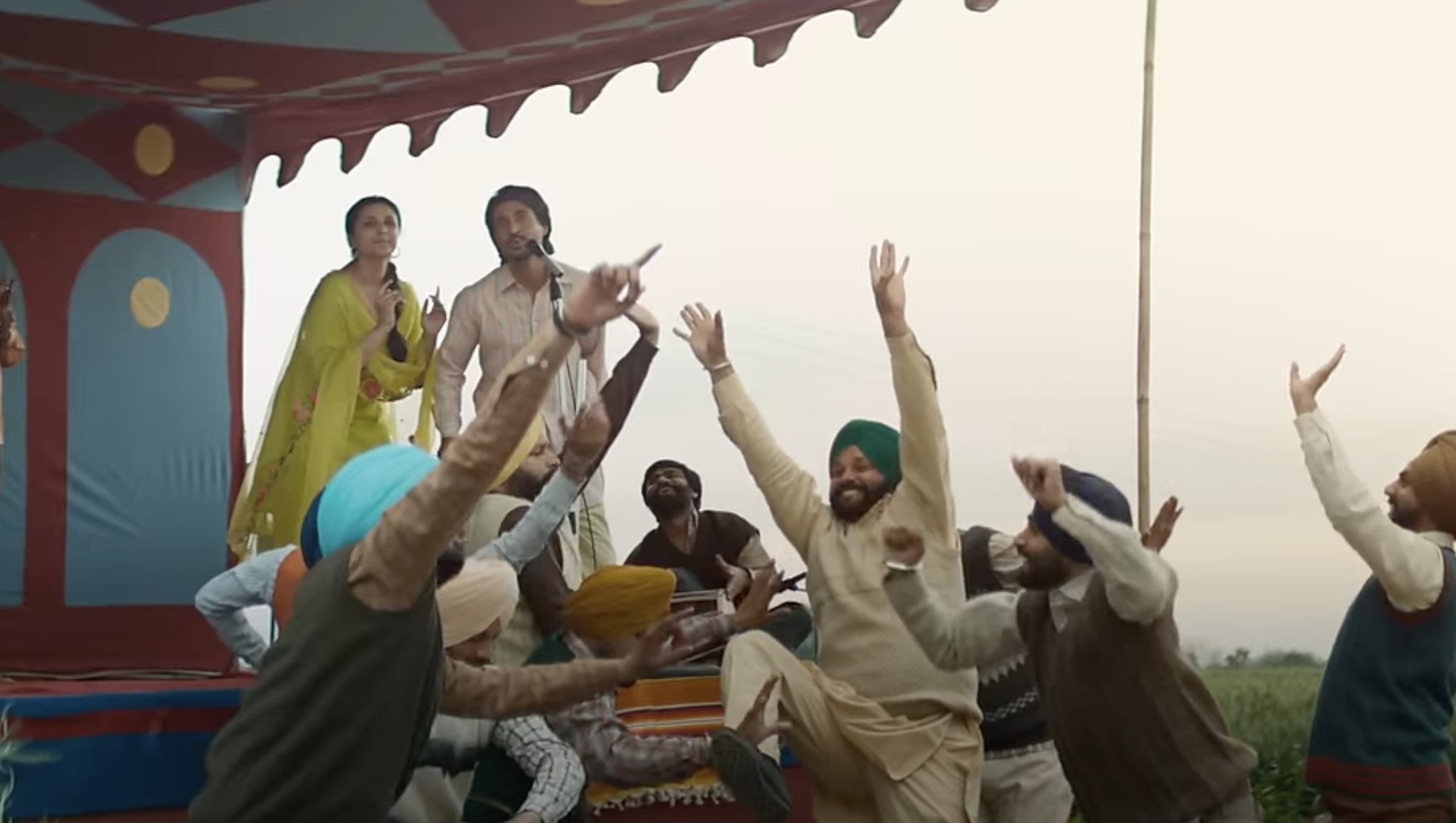There were some commonalities in the ideological beliefs that led to the Mahad-Chavdar Satyagrahs and the ones that ignited the French Revolution. The French Revolution brought the idea of equality centre stage and its logical fallout was the Declaration of the Rights of Man and the Citizen. The twin satyagrahs defined, loud and clear, the human rights of the untouchables. The satyagrahs, led by Babasaheb Ambedkar, not only showed the right path to the Dalits, who were then just emerging as a new social force, but they also sowed the seed for the rise of the Dalits as a political force. This movement and its failures and successes are of crucial importance and its implications need to be studied closely. Of special relevance are the revolutionary pronouncements of Ambedkar during these movements.
 Ambedkar had offered a three-pronged solution to the problems of the Dalit community reeling under the scourge of untouchability. The first was giving up dirty professions or jobs; second, stop eating the meat of dead animals; and third and the most important, to shed inferiority complex of being an Untouchable and develop self-respect. Taken together, the three pieces of advice constitute a potent and effective socio-psychological formula. The persons and the social groups which imbibed the formula marched on the path to progress.
Ambedkar had offered a three-pronged solution to the problems of the Dalit community reeling under the scourge of untouchability. The first was giving up dirty professions or jobs; second, stop eating the meat of dead animals; and third and the most important, to shed inferiority complex of being an Untouchable and develop self-respect. Taken together, the three pieces of advice constitute a potent and effective socio-psychological formula. The persons and the social groups which imbibed the formula marched on the path to progress.
Ambedkar’s formula show us the way to look at untouchability, deprivation or exploitation from a fresh perspective. This is imperative too, as the uselessness of the old political ways of dealing with the issue has been proved beyond any doubt. The way principles were sacrificed on the altar of electoral expediency and the manner in which leaders were sold and purchased in the run-up to the last general elections, was depressing, to say the least. In this otherwise bleak scenario, the three pieces of advice evoke hope. Unitl now, all the discourses have been blaming discriminatory social and political norms for the problems of the Untouchables. But what has not been explored is the deep psychological compulsion that made the Untouchables look down upon themselves. This rendered them intrinsically weak. Of course, one can blame social and political conspiracies for it and one would not be entirely off the mark either, but Ambedkar’s formula for growth and progress is more personal and psychological than political. And it must be viewed and understood in that way.
At some point in time in the hoary past, the Buddhists were compelled to become Untouchables. Unless we study the method that put them in that position, we will not be able to comprehend the psychological process that not only made a section of society untouchable but also made them feel that they are so. Ambedkar’s research shows that the Buddhists of the past are the Dalits of the present, especially those Buddhists who used to eat the meat of dead animals.
A Buddhist tale talks about the Lord telling a monk that whatever he receives as alms should be eaten without making any choices. One day, a crow flying overhead dropps a piece of meat in the begging bowl of the monk. He appears before the Tataghat and sought guidance. According to the tale, Buddha tells him that as it is the meat of an animal that is already dead, consuming it won’t involve any violence. With time, this became a canon and even today, in some Buddhist countries, meat shops have boards declaring that “Meat of animals which have died a natural death is sold here”. The fact that many Indian castes also consumed meat of dead animals was one of the factors that led Ambedkar to conclude that the Untouchables of today are the Buddhists of the past. If we put alongside Tataghat’s order, the Brahmanical conspiracy that followed it and Ambedkar’s three-point formula, we can understand how Untouchables are born and how they can come out of that state of mind, and this can help us learn many valuable lessons.

Tataghat permitting the monk to eat the piece of meat dropped by the crow cost this country dear. The question before Buddha was whether the monks should be given the freedom of choice, as far as things received as alms was concerned. The very objective of seeking alms and surviving on them is to deny oneself all choices and thus control one’s desires. According to Buddhism, once we allow our mind to make a choice, we become slaves to greed and go down the slippery path of degradation. Buddha’s permission to the monk to consume the piece of meat should be viewed against this backdrop. If, at that time, Buddha had disallowed consumption of the piece of meat, the monks would not have turned meat-eaters but would have been granted the right to choice, thus nullifying their “sadhna”. This was not acceptable to Buddha. Hence, Buddha allowed the monk to consume the piece of meat because it did not involve violence. By implication, he allowed all monks to eat the meat of dead animals.
Subsequently, when the Hindu religion was weakened due to the challenges posed by Jainism and Buddhism, and was trying to regain its pre-eminence, it used these commands/bans in a different manner, assimilating the best of them. Hindu religion has an unmatched capacity to assimilate other traditions and faiths and in one sense, that makes it a great religion. But it also has a dark underbelly – one manifestation of which is the notion of untouchability with its horrific and painful implications.
Parallel to the attempts to rejuvenate the Hindu religion by reorganizing its Vedic knowledge systems, there was also an endeavour to absorb the Buddhist monks and Jain saints, with their bright and clean image, into Hinduism. It is a historical fact that the Buddhist mendicants and Jain sadhus enjoyed much greater popular acceptance and respect than the comfort-loving Brahmins. The lifestyle and knowledge of the monks, who led a very harsh, extremely disciplined life, were much more impressive than of the Brahmins. That was probably why Buddhism spread over entire Asia within a short period of time. But Buddhism’s overemphasis on reclusion and non-violence proved to be its undoing. The conspiracies hatched by other religionists did the rest and Buddhism was virtually wiped out from India.
When the Hindu religious leaders were drawing up the canons aimed at securing a respectable position for the Hindu sanyasis, they borrowed heavily from Jains and Buddhists. The Hindu sanyasi also became a brahmachari and started living on alms. Meat-eating was declared a taboo and a harsh code of conduct was drafted. In contrast, in the Vedic age, Brahmins led comfortable family lives. Once Hindu religion emerged from its bad days and became powerful once again, it foisted the Buddhist and Jain saints’s lifestyle on its sanyasis and declared Buddhists as Untouchables. To ensure that they remain economically and socially weak, menial and dirty jobs were assigned to them.
This brief explanation would suffice to understand how, sometimes, psychological techniques are more effective than social or political conspiracies. They not only give the exploiter the right to exploit but fill the exploited with a deep sense of inferiority. Untouchability, which was a political phenomenon, gradually became a social tradition.
Let us go a bit deeper into the issue. Distinguishing good from bad, superior from inferior, is a natural human instinct, which helps humans survive as a biological and social being. A profession which does not involve dirty work or where one’s skills or knowledge are important is considered higher and better. That is why those who are possessors of knowledge are considered superior in every society. This knowledge may relate to religion, use of weapons, science, or business and commerce. Although the jobs assigned to the Shudras also involve use of skills and knowledge, however, because this involved dealing with filth and dirt, they were never considered respectable. This kind of mentality is unfortunate; it should be shunned. But, then, the undeniable fact that this is the way collective social psyche works.
Thus it is clear that being involved in dirty or grimy work makes one an Untouchable. Even conceding that the work which the Shudras did was dirty compared with the work of teachers, businessmen or warriors, what made the system stifling and horrendous was that this division of work was based on birth. It made generation after generation of Untouchables bear a permanent stigma and suffer from inferiority complex. Had the division of work not been birth-based, untouchability would have been linked with the work one does, rather than with the family one was born into. It would not have been the cross that generations were forced to carry. Thus the genesis of untouchability lies in identification with dirty work, the feeling of inferiority born of it and the society’s humiliating attitude towards those doing such work.
When seen in this context, it is apparent that Ambedkar’s radical advice had the potential of igniting a new revolution. When he asks the Dalits to give up dirty or menial jobs, he wants to be free them from the feeling of inferiority and weakness rooted in their profession. When he urges them to give up eating the meat of dead animals, he is asking them to lead a clean, hygienic lifestyle and adopt non-violence as a creed. And when he calls upon them to cast away the feeling of inferiority, he wants them to gain self-confidence so that they can give a befitting reply to their exploiters and put an end to the chain of exploitation.

What is the takeaway for us from Ambedkar’s advice? This is a very crucial question. The lessons that we draw from history will decide our future, especially in these times when the history of India seems to be poised for a long-term, permanent change. As we pass through these politically transitional times, we should rethink the direction of Dalit movement and discourse. Until now, the Dalit movement and discourse has been limited to the political and social spheres, and its impact is clearly visible. Dalits have become politically empowered and today no party – or for that matter all parties taken together – cannot dare ignore Dalit issues. But for want of a cultural and religious revolution, this political power is taking Dalits on the path to self-annihilation. Dalits may have become politically strong but their political power is not under their control. It is being controlled from somewhere else. That is because they have gained political power without first developing a strong cultural ground.
Embedded in this feeling of power is the potential of a downfall. The situation is somewhat akin to the exploitation of the Muslim vote-bank and the global downfall of the Muslim community. Though there are many commonalities between the Muslims and the Dalits, there is much dissimilarity, too. But both have been exploited by the mainstream political parties. This was done as part of a grand conspiracy. The contours of this socio-psychological conspiracy become acutely clear in the light of Ambedkar’s three-point formula.
To begin with, Dalit identity was linked to unclean professions and this identity was given the form of a tradition, thus rendering them untouchables in perpetuity. The Muslims and the Dalits were also deprived of education. The untouchables were socially alienated and forced to keep away from education. This affected Muslims, too, because most of the Muslims are converted Untouchables. After Independence, conservatism was encouraged among Muslims and they were made slaves of Mullahs. The policy of appeasement was used to keep them away from education. The Muslims were confined to religious education and madarsas with disastrous results. Deprivation from education was even more disastrous for the Dalits. Being Untouchables, they were forced into “unclean” professions and this, in turn, perpetuated their untouchable status. This was a vicious cycle and all attempts of the Dalits to break it were crushed by the savarnnas. Muslims, most of whom are converted Dalits, kept away from education due to altogether different reasons.
In other words, historically, the Dalits have been long aware of the importance and need of education. This is clear from the efforts made in this direction by Mahatma Phule and other Dalit leaders. On the other hand, the Muslim indifference to education and development is born of their conscious decision. They have chosen to remain uneducated. Dalits wanted to get educated but they were barred by the savarnas. The Muslims rejected modern education as part of their endeavour to retain and prove their distinct identity. In a country where Hindus have thousands of years of rich history, Muslims found themselves gripped with a strange sense of insecurity. To retain its distinct identity and protect its traditions, the community withdrew into a cocoon and became wary of modern education. They feared that modern education would kill their distinct identity and their younger generation would adopt the ways of other religionists.
It is clear that the Dalits and Muslims have radically different attitudes towards modern education and any movement that wants to bring them together to build a shared future would have to resolve these contradictions. These contradictions are visible in the recent history.
It is high time the Dalits independently took the path of modern education and acquired knowledge of the English language. This was what Ambedkar also said. There is a need to keep away from the Dalit-Muslim coalition peddled by the leftists. This need is more acute today. The entire Dalit community should realize this. Ambedkar was never in favour of adopting the ways of the communists. He knew very well that the opportunist leftists could use the resentment among the Dalits to serve their political ends. This understanding of Ambedkar needs to be imbibed.
If Dalits are to adopt the three-point formula of Ambedkar to emerge from untouchability, they will have to acquire education and turn modern on their own. Empowerment and awareness will lead them to a better future. Similarly, the Muslim community should distance itself from those elements among them which are against modern education and progress. Until education and modernity gain wide acceptance in the Muslim community, the Dalit movement should refrain from forging a joint front with them. In short, the Dalits and their movement have to keep away from the conscious retrogression of another community as well from the utopia of revolutionary ideologies.





